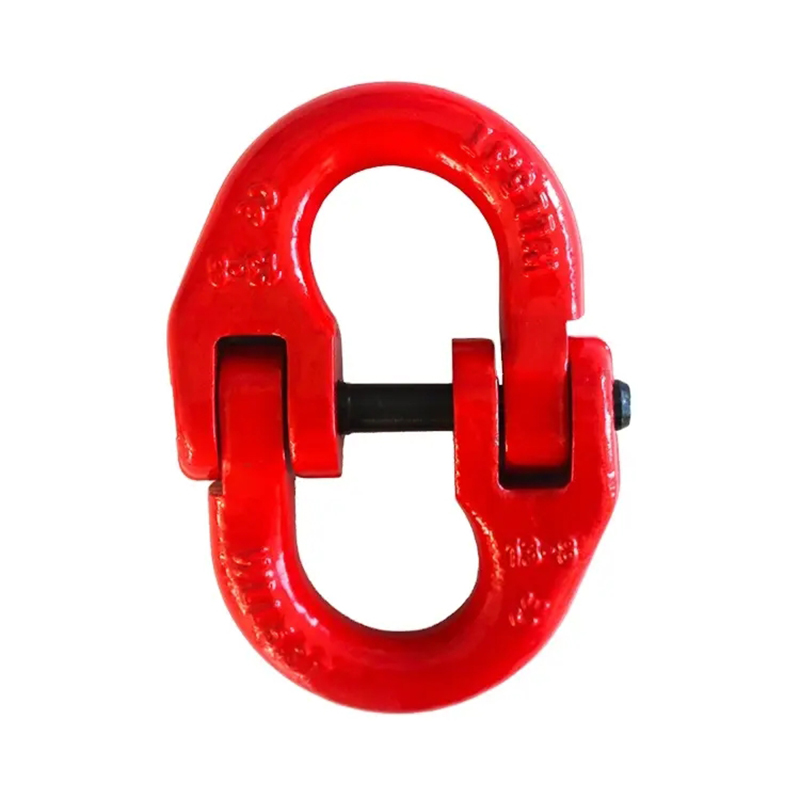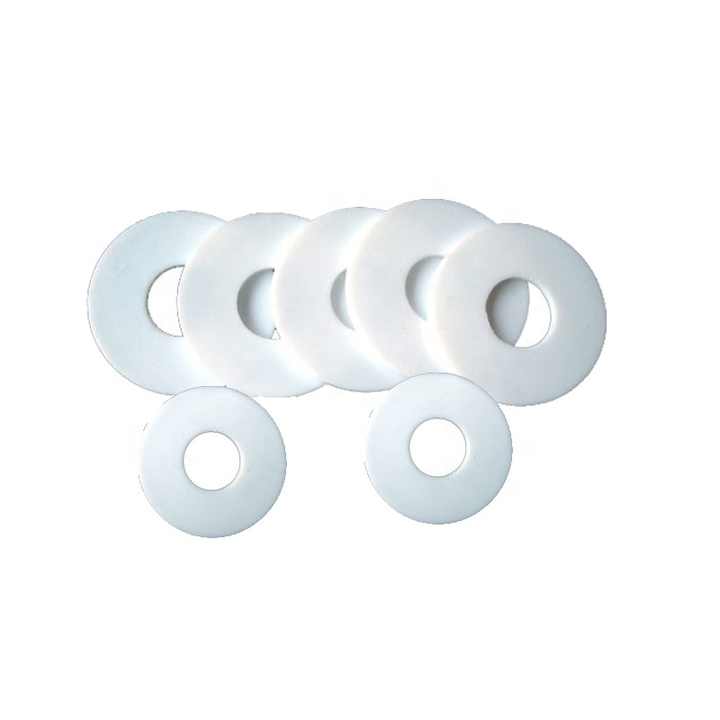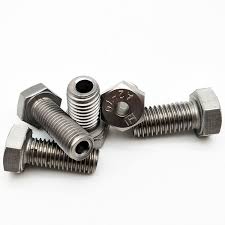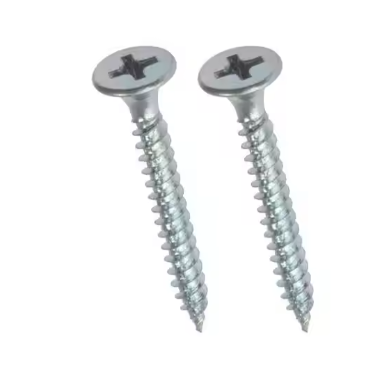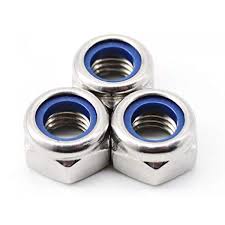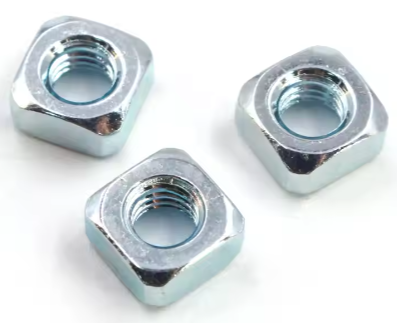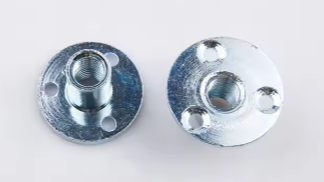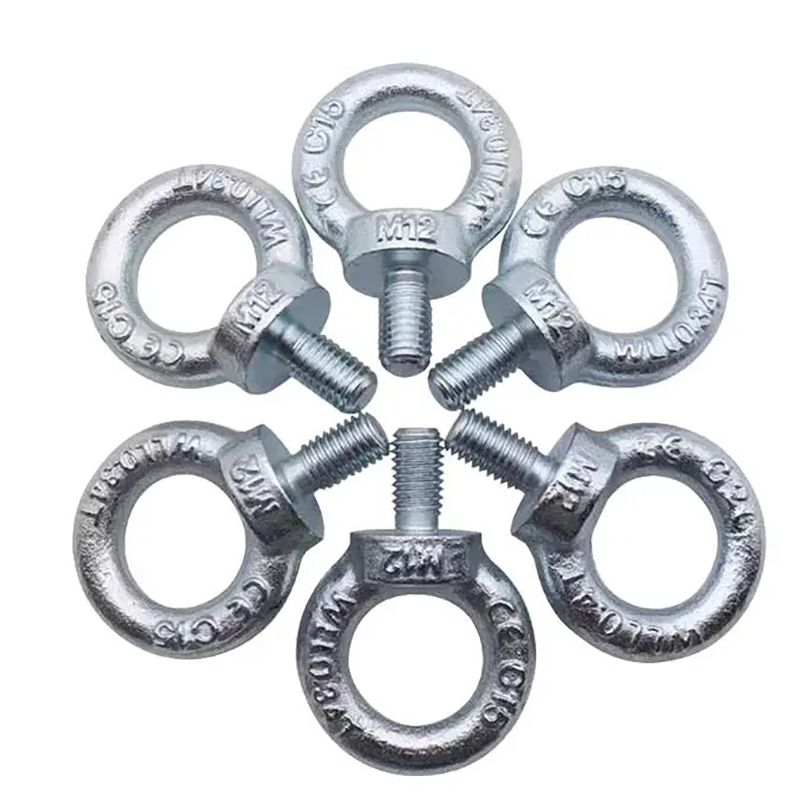

This guide provides a detailed overview of DIN 912 8.8 bolts, covering their specifications, applications, material properties, and crucial considerations for selection and usage. Learn about the differences between various grades and how to ensure proper installation for optimal performance and safety.
DIN 912 8.8 bolts are high-strength hexagon head bolts conforming to the German standard DIN 912. The 8.8 designation indicates their material properties and tensile strength. These bolts are widely used in various industries due to their exceptional strength and reliability. They are commonly found in applications requiring high load-bearing capacity and resistance to stress.
DIN 912 8.8 bolts are typically made from medium carbon steel, offering a robust combination of strength and toughness. The 8 represents the tensile strength (800 N/mm2), while the .8 indicates the yield strength (80% of the tensile strength, or 640 N/mm2). This high yield strength ensures that the bolt will withstand significant load before permanent deformation occurs. Proper heat treatment is crucial in achieving these properties. Remember, always source your fasteners from reputable suppliers like Hebei Dewell Metal Products Co., LTD to guarantee quality and consistency.
The high strength of DIN 912 8.8 bolts makes them suitable for a wide range of applications, including:
Their superior performance under stress makes them a preferred choice in situations where safety and reliability are paramount. Always ensure correct torque application during installation.
Several grades of bolts exist, each with different strength characteristics. Understanding the differences is critical for selecting the appropriate fastener for a specific application. The following table compares DIN 912 8.8 to other common grades:
| Grade | Tensile Strength (N/mm2) | Yield Strength (N/mm2) |
|---|---|---|
| 4.6 | 400 | 240 |
| 5.6 | 500 | 300 |
| 8.8 | 800 | 640 |
| 10.9 | 1000 | 900 |
Note: These values are approximate and may vary slightly depending on the manufacturer and specific material used. Always refer to the manufacturer's specifications for precise data.
Incorrect tightening can compromise the structural integrity of the bolted joint. Always use the appropriate torque wrench to achieve the recommended tightening torque specified by the manufacturer. Over-tightening can lead to bolt failure, while under-tightening can result in insufficient clamping force. Consult relevant standards and manufacturer documentation for specific torque values.
Choosing the correct DIN 912 8.8 bolt size is also crucial, ensuring a secure and reliable connection. Proper lubrication can minimize friction and improve the joint’s strength and longevity. Always ensure threads are clean and free of debris before installation.
DIN 912 8.8 bolts represent a reliable and high-strength fastening solution for demanding applications. Understanding their specifications, material properties, and proper installation techniques is essential for ensuring structural integrity and safety. Remember to always source your fasteners from a reputable supplier.
Disclaimer: This information is for general guidance only. Always refer to the relevant standards and manufacturer's specifications for precise data and instructions before undertaking any project. Improper use of fasteners can lead to serious injury or damage.

